Polar Scientist Explains Peril of Thwaites
Ted Scambos, a polar scientist with 20 trips to Antarctica under his belt, makes a living trekking across glaciers, measuring the speed, thickness, and structure of ice. Dr. Scambos (University of Colorado/Boulder) recently penned an article: “Ice World: Antarctica’s Riskiest Glacier is Under Assault From Below and Losing Its Grip”. The Conversation, June 7, 2022.
Scambos is a lead principal investigator for the Science Coordination Office of the International Thwaites Glacier Collaboration (SCO project). How many glaciers in the world have a team of scientists dedicated to an international collaborative research effort?
Answer: Thwaites is the single most dominate factor influencing the integrity (survival) of every coastal city in the world, and it is clearly at risk.
According to Scambos: “Antarctica is a continent comprising several large islands, one of them the size of Australia, under a 10,000-foot-thick layer of ice… Its glaciers have always been in motion, but beneath the ice, changes are taking place that are having profound effects on the future of the ice sheet – and on the future of coastal communities around the world.”
Significantly, the ice sheet was “nearly in balance as recently as the 1980s,” meaning annual snowfall replaced annual ice flows. As a result, the early ice research in Antarctica involved trying to find any kind of dramatic changes but with little success.
However, within only a couple of decades in the context of thousands of years of stability, everything suddenly changed. According to Scambos: “But now, as the surrounding air and ocean warm, areas of the Antarctic ice sheet that had been stable for thousands of years are breaking, thinning, melting, or in some case collapsing in a heap. As these edges of the ice react, they send a powerful reminder: If even a small part of the ice sheet were to completely crumble into the sea, the impact for the world’s coasts would be severe.”
West Antarctica’s Thwaites glacier is the continent’s prime candidate for a major collapse. In contrast to East Antarctica’s solid core of small mountain ranges underneath the ice bed, West Antarctica was once the ocean bottom. Its ice gets warmer and moves much faster. Only 120,000 years ago it was likely an open ocean and definitely 2 million years ago. Accordingly: “This is important because our climate today is fast approaching temperatures like those of a few million years ago… The realization that the West Antarctic ice sheet was gone in the past is the cause of great concern in the global warming era.” (Scambos)
Thwaites is the “big boy” glacier of West Antarctica. It is the widest glacier on the planet at 70 miles across. At issue, recent changes on the vast continent have been sudden and fast, much faster than ever expected. As for Thwaites in particular: The height of the surface has been dropping by up to three (3) feet each year. Huge cracks are forming at the coast, and ice now flows at over a mile per year. That flow rate has doubled since 1990.
The net result is a new era of geologically rapid ice flow officially underway for the 21st century. This is not a welcomed event. Nobody knows for sure how it will play out or how soon, but the risk is unfathomably scary, punctuated by the dispiriting fact that scientists’ models that predict future climate change are almost always late to the party. This makes it nearly impossible to plan for the next catastrophe, like Thwaites glacier.
As further explained by Scambos: Under the ice the geological structure of Thwaites is “a recipe for disaster.” Until only recently, Thwaites had not measurably changed since it was first mapped in the 1940s. All of that has changed now that global warming has intervened. It’s what’s happening hidden underneath that spooks scientists: “Ocean water well above melting point is eroding the base of the ice.”
All of which impacts the entire structure. Mapping of Thwaites now exposes fractures and huge cracks along with the speed of flow all-in suggesting the monster may ‘give way’ within only a few years, which would be a horrendous step towards more rapid ice flow to the sea.
Bottom line: “West Antarctica could soon begin a multi-century decline that would add up to 10 feet to sea level. In the process, the rate of sea level would increase several fold, posing large challenges for people with a stake in coastal cities.” (Scambos)
But, when does the first foot of sea level register on shorelines? Nobody really knows for sure.
Meantime, as the world wonders aloud why and how the planet’s solidest long-standing ice sheet is ever closer to crumbling, it’s frankly disgusting and outrageous that it’s even an issue, especially considering decades of warnings by scientists about the risks of fossil fuels that spew CO2 emissions into the atmosphere, blanketing heat. Now, because of human recklessness in the face of warning after warning, an ominous horrific cycle of meltdown has already started at the worst possible location on the planet where 150-to-200 feet of water has remained frozen in time throughout all of human history… until now.
Forthwith, it’s payback time after decades of human stupidity bordering on lunacy in the face of science that has been right all along. Smart people know to adhere to the science.
Recommended reading: “How Trump Damaged Science – and Why it Could Take Decades to Recover”, Nature, October 5, 2020.






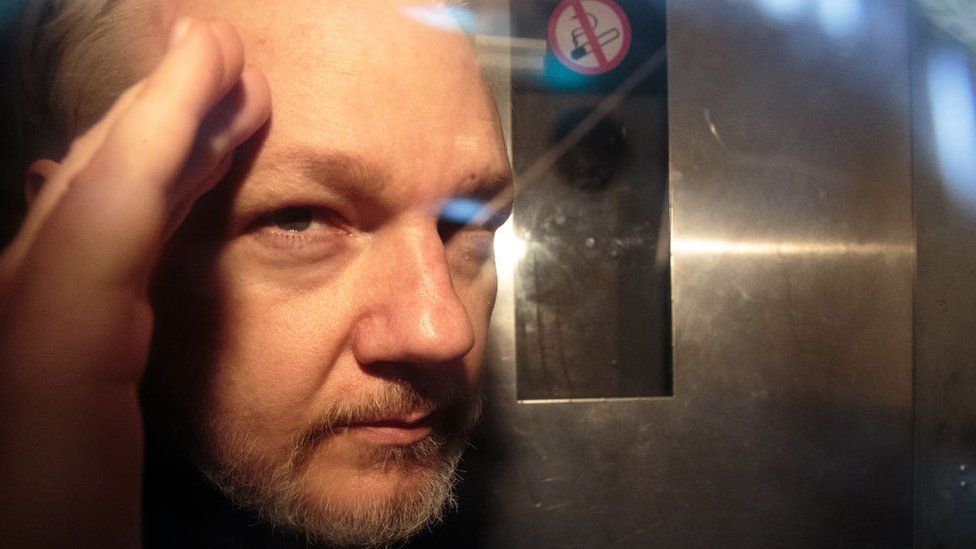
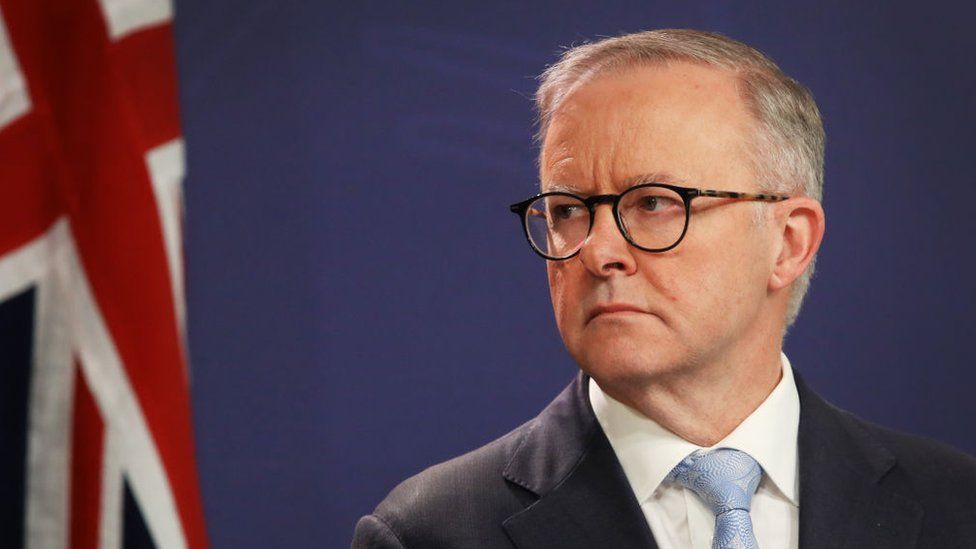
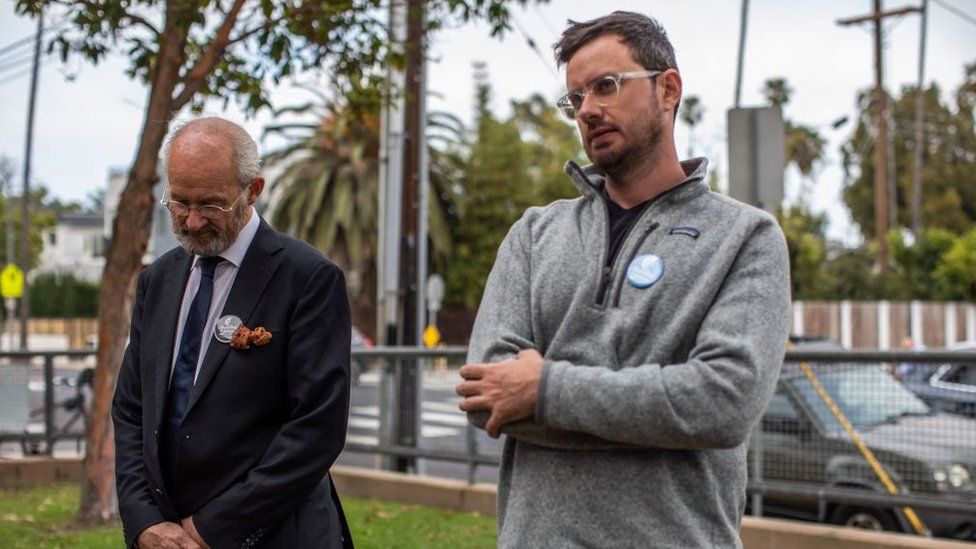

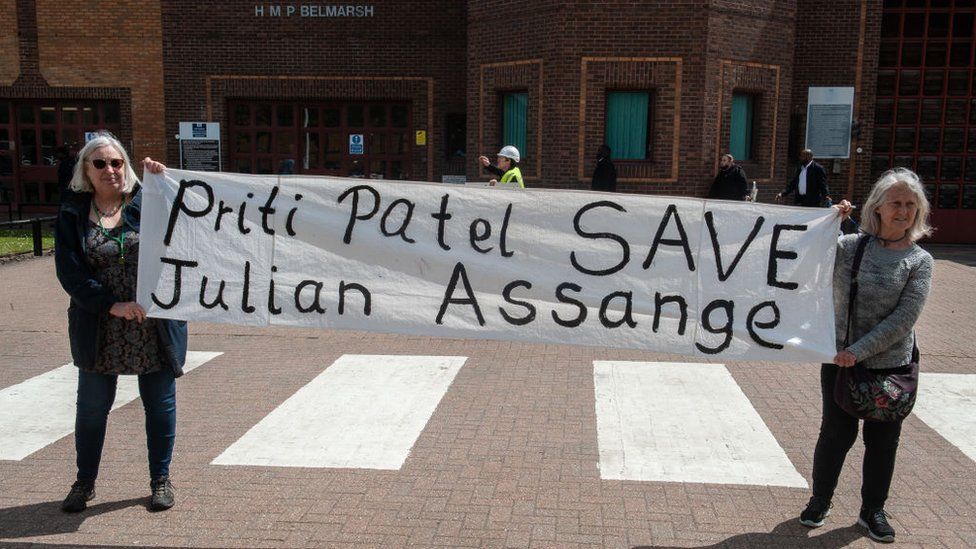


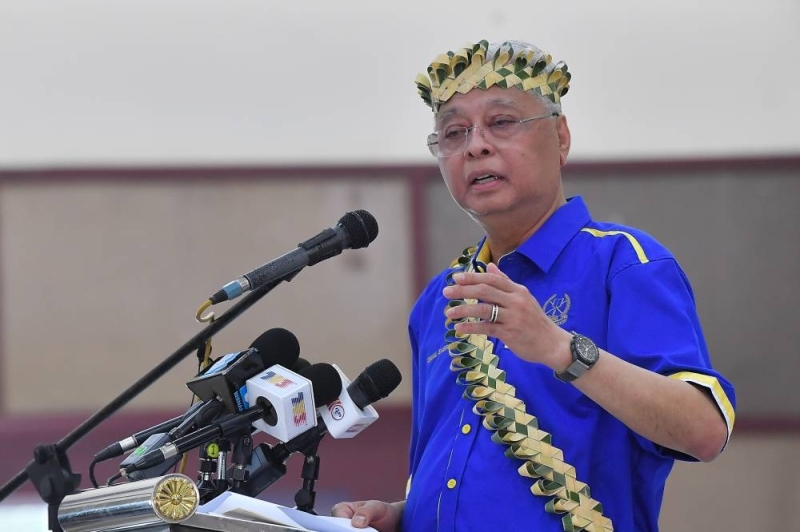

/cloudfront-ap-southeast-2.images.arcpublishing.com/nzme/JKCYAMJ6BW52JFUFSYBHUOIUGA.jpg)
/cloudfront-ap-southeast-2.images.arcpublishing.com/nzme/BE3NXI5AEQWHSVTH4EFRQDAHMQ.jpg)
/cloudfront-ap-southeast-2.images.arcpublishing.com/nzme/AQ3J544LNJDL6XWILX5FRXDBJ4.jpg) Reinhold Messner is seen at the special exhibition at Messner Mountain Museum on July 15, 2020 in Bolzano, Italy. Photo / Getty Images
Reinhold Messner is seen at the special exhibition at Messner Mountain Museum on July 15, 2020 in Bolzano, Italy. Photo / Getty Images/cloudfront-ap-southeast-2.images.arcpublishing.com/nzme/E6PERR3NMEMA7SM544G4KSR5IE.jpg)